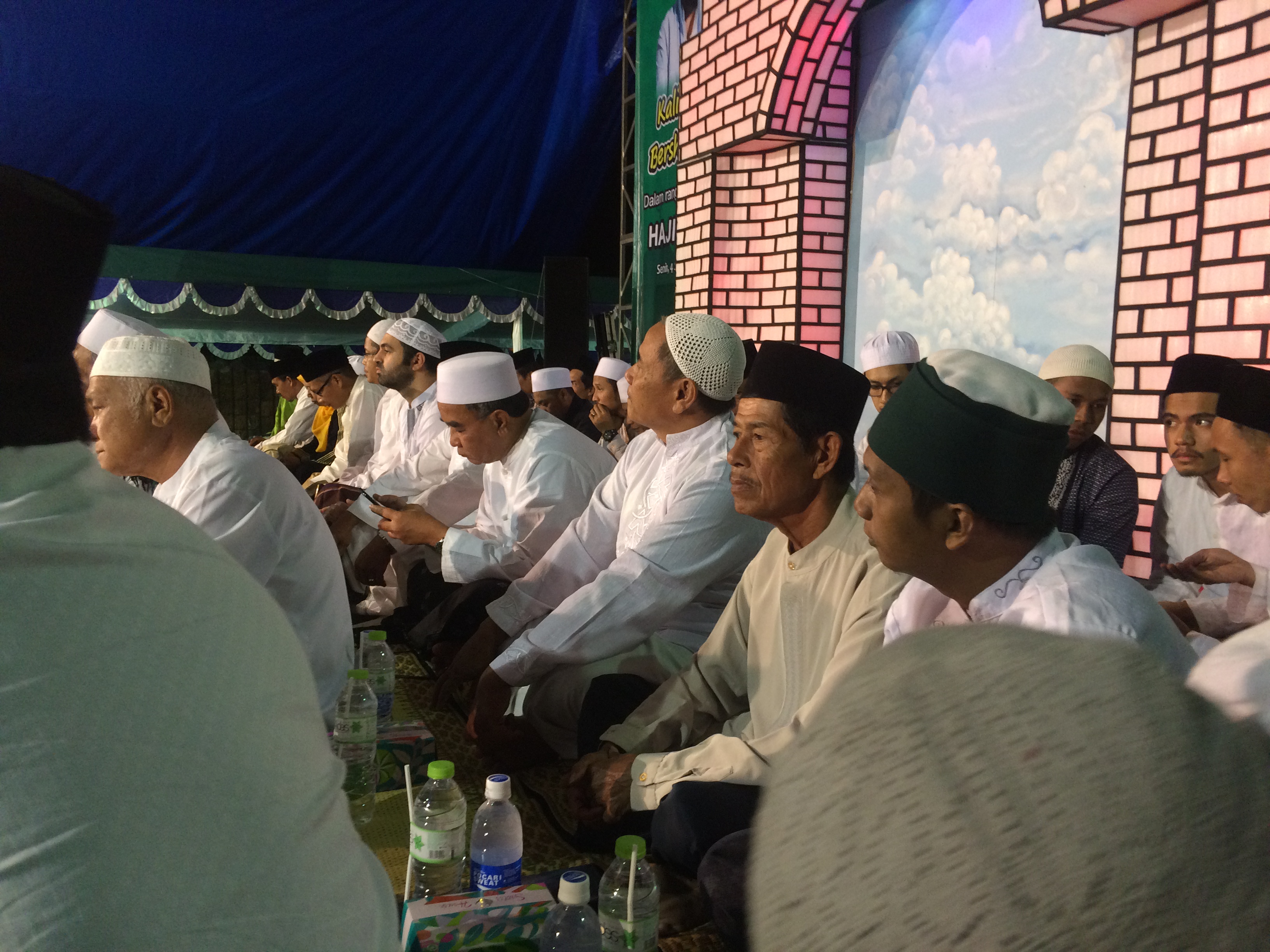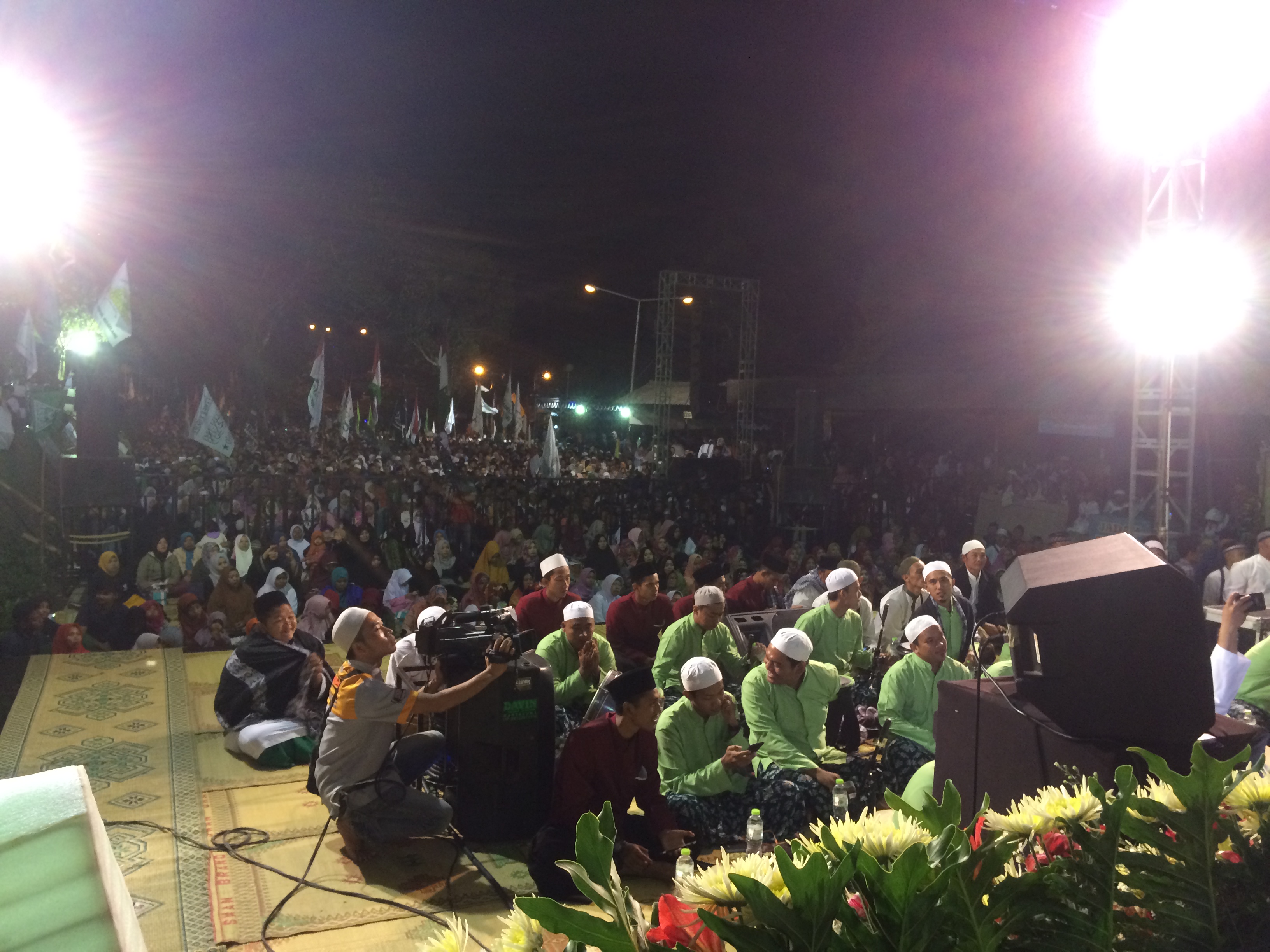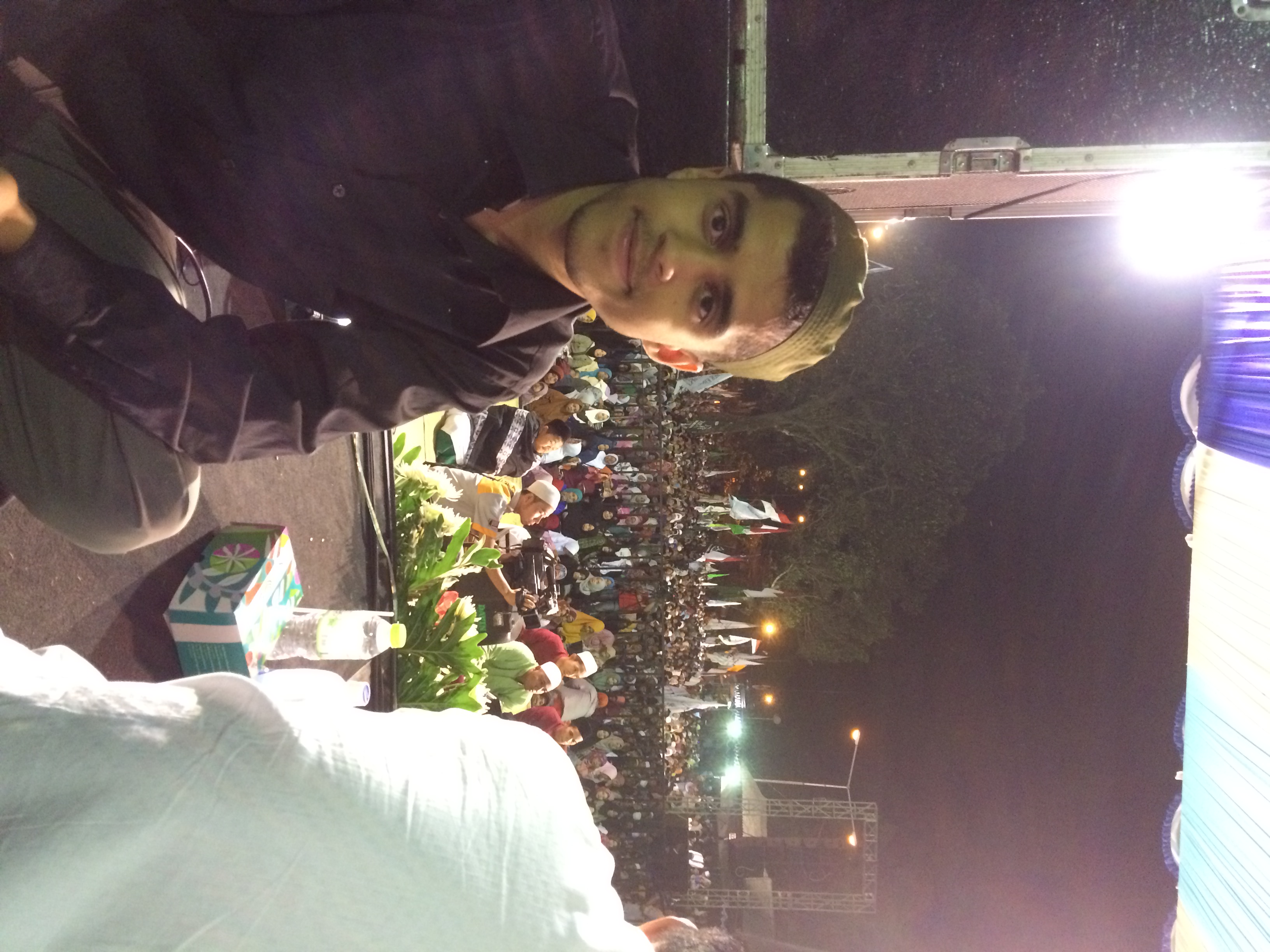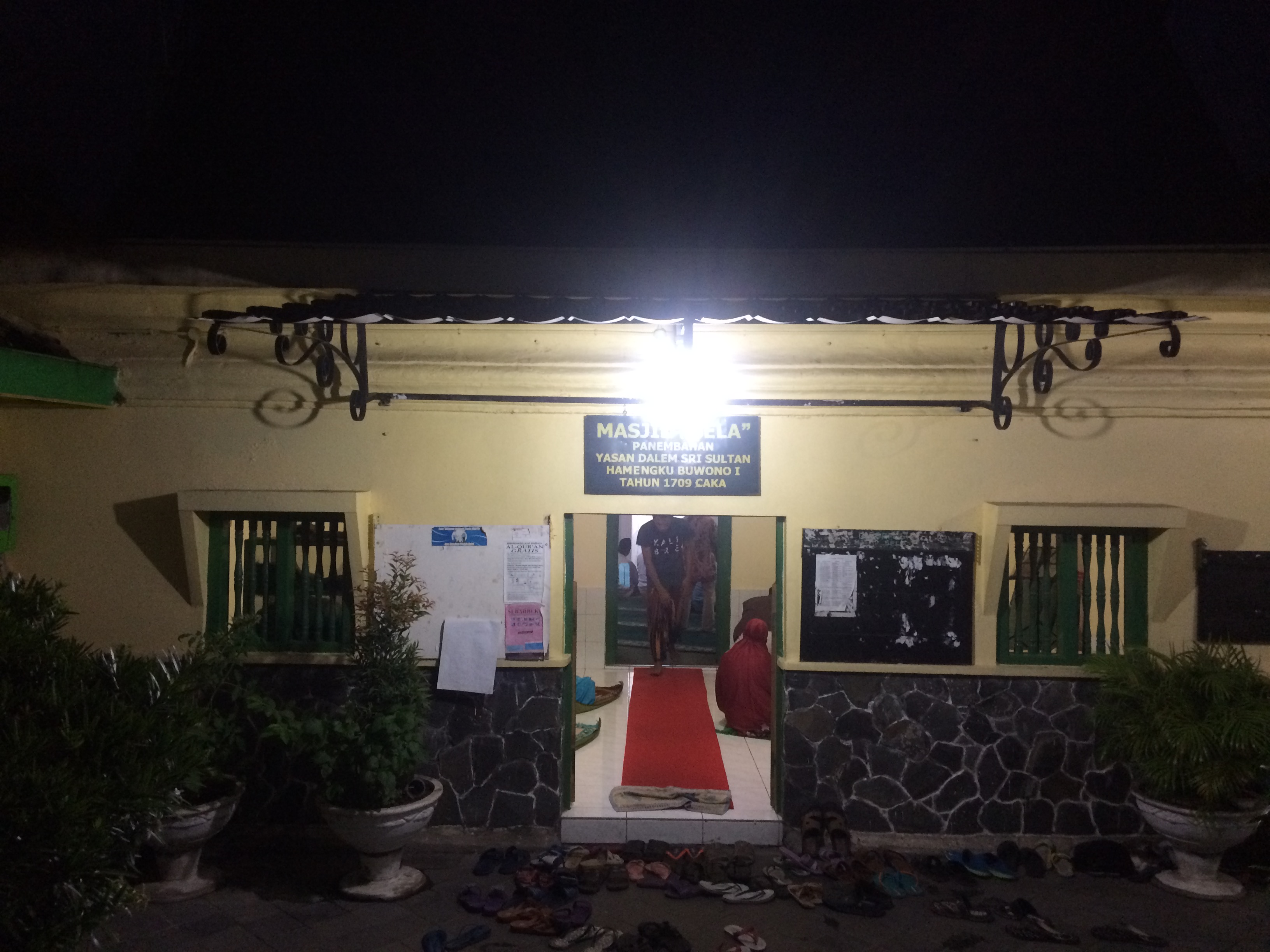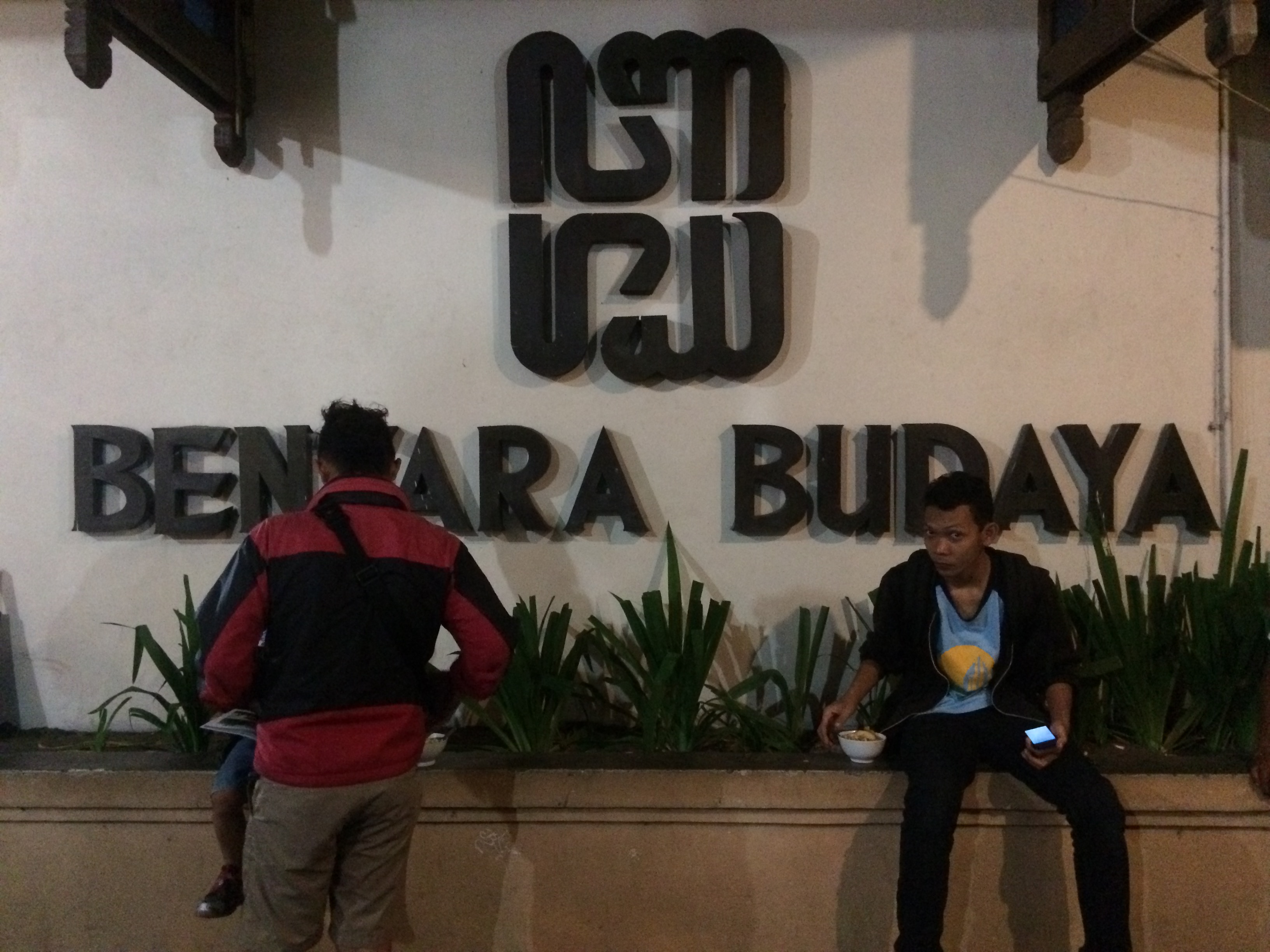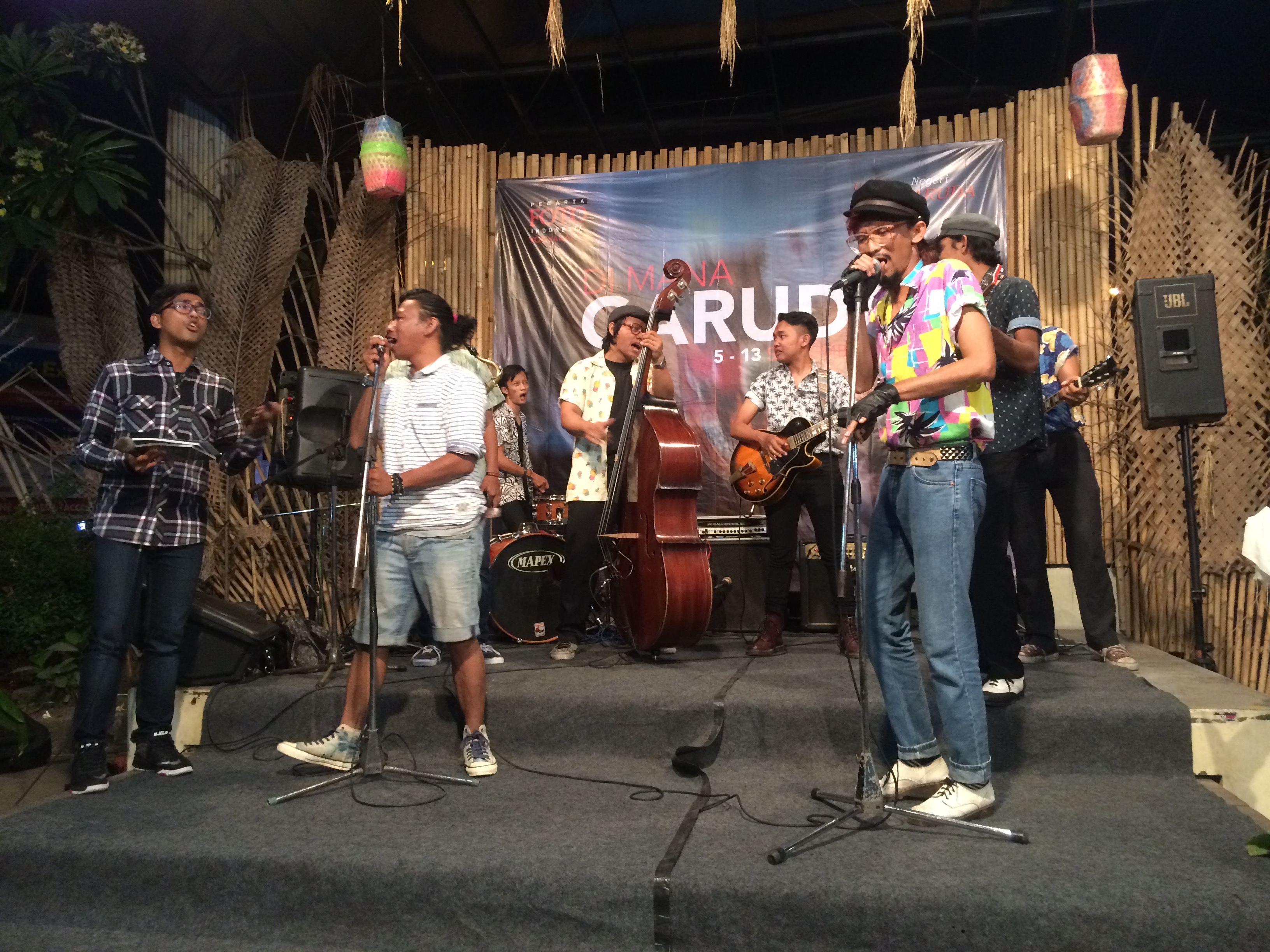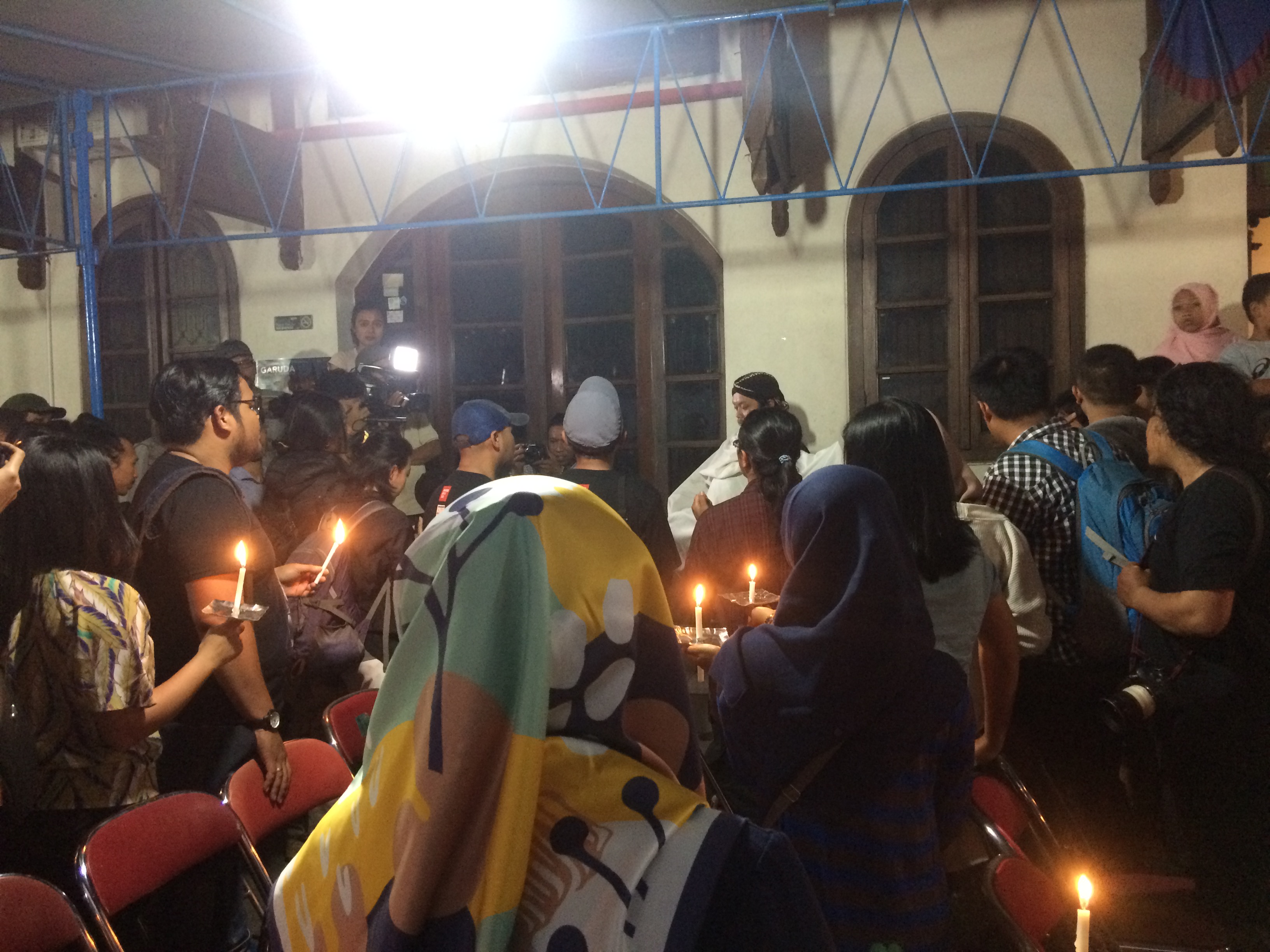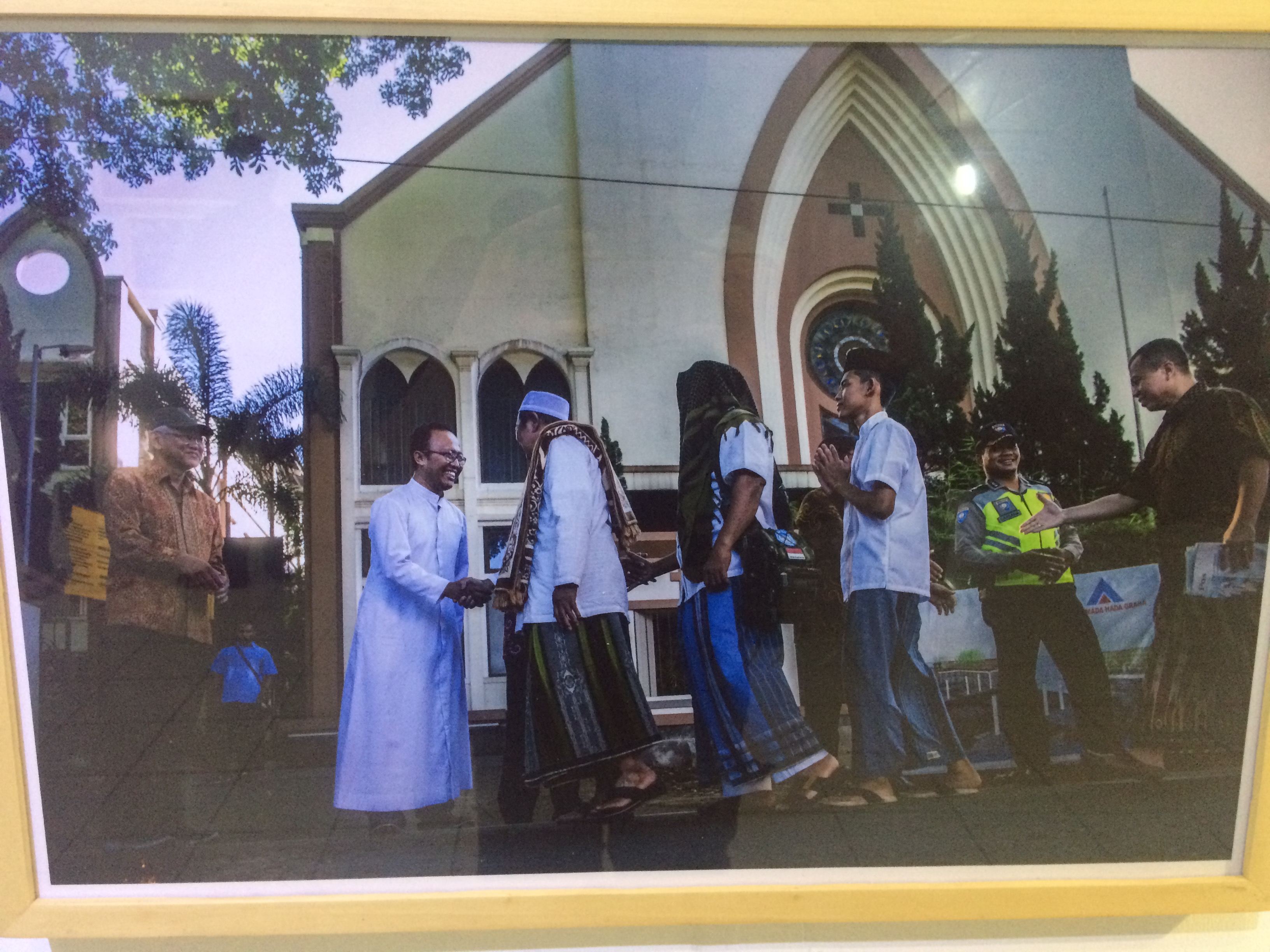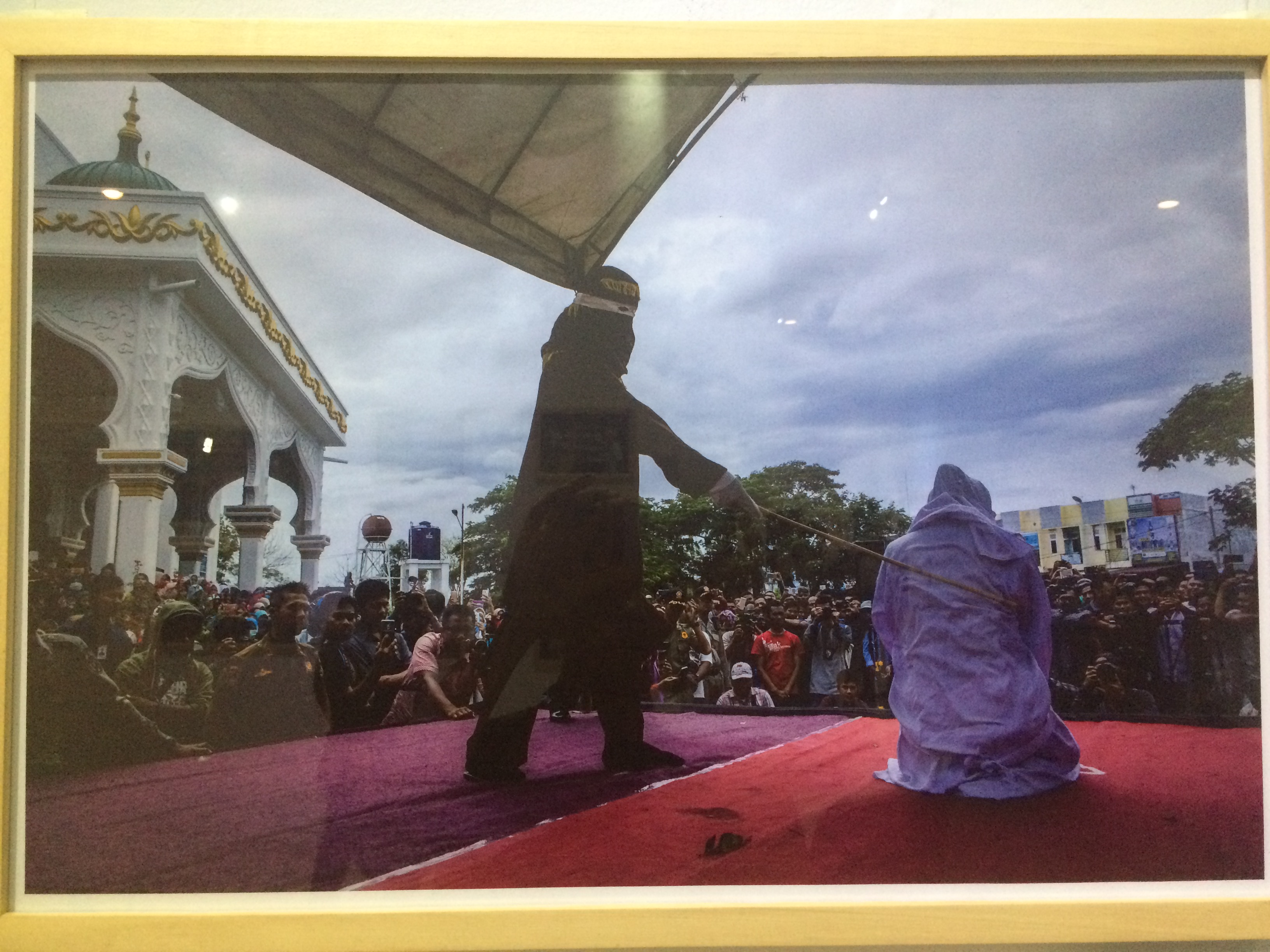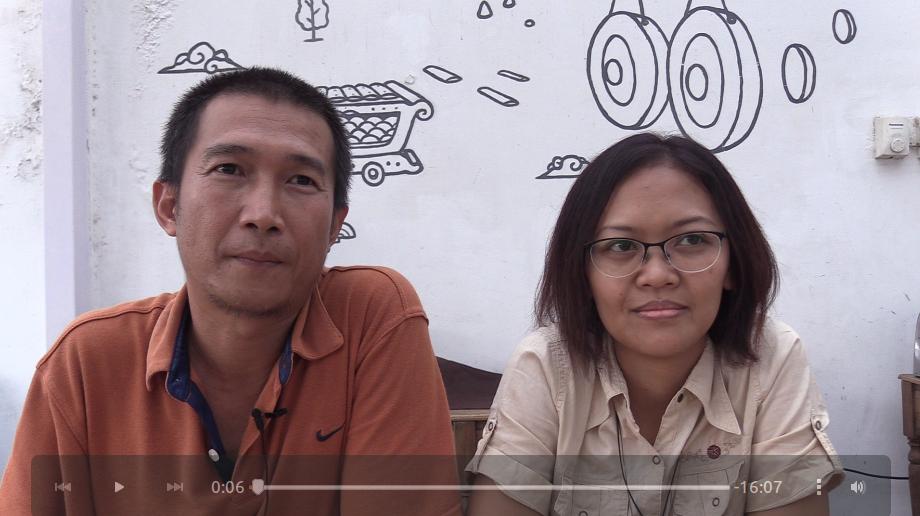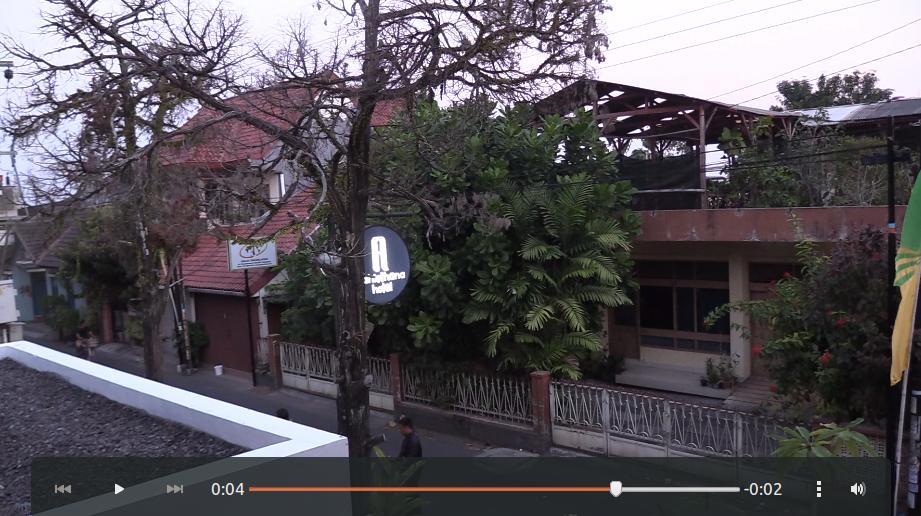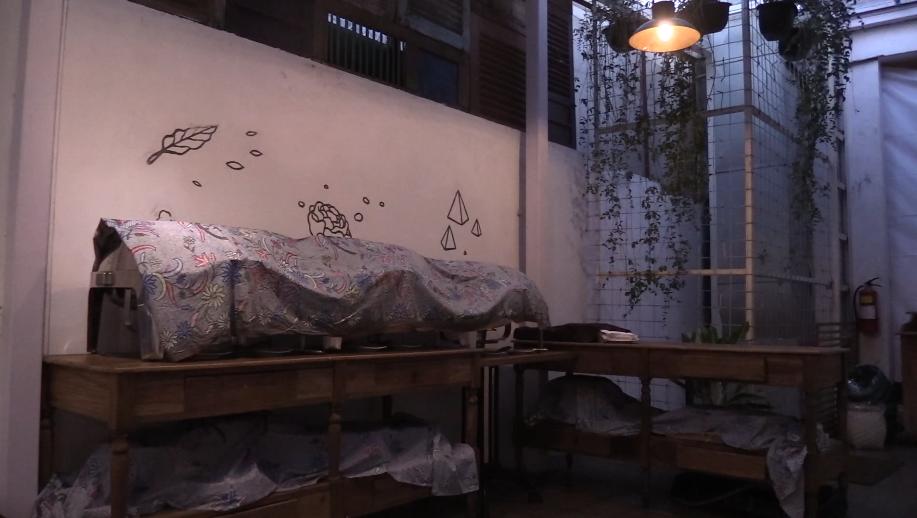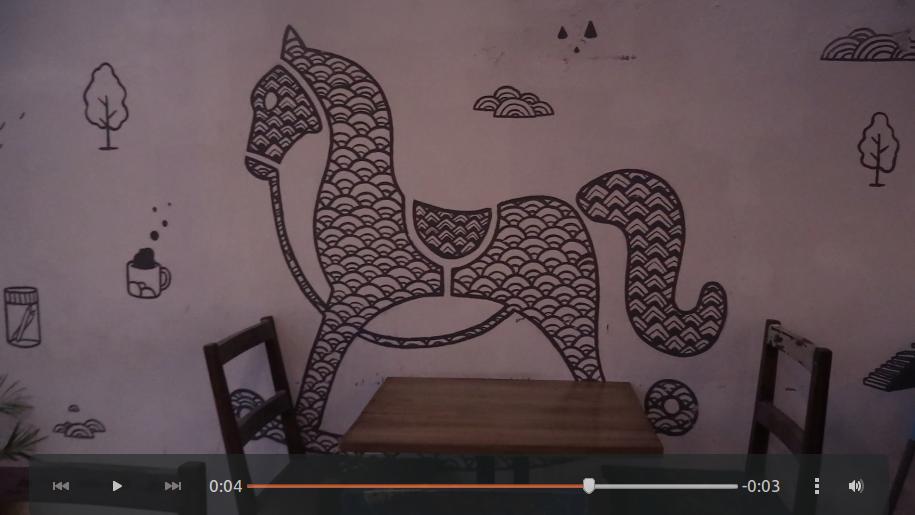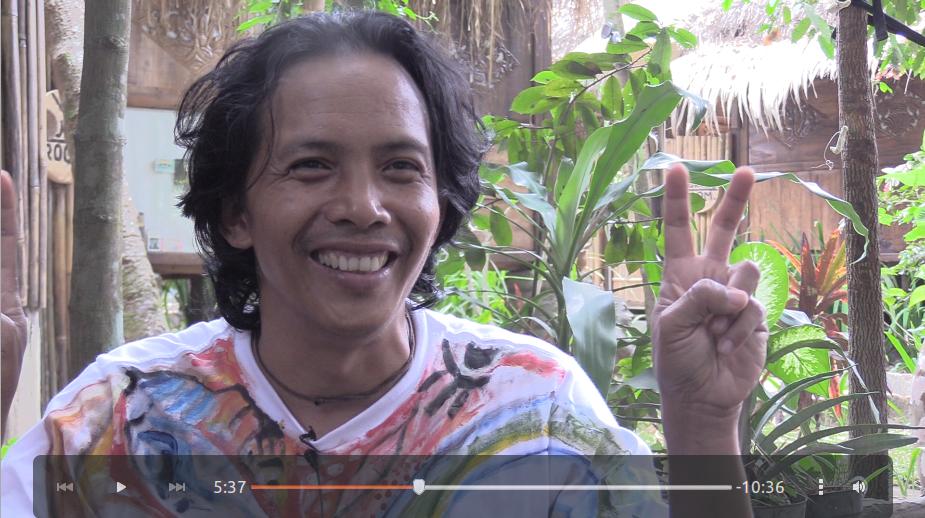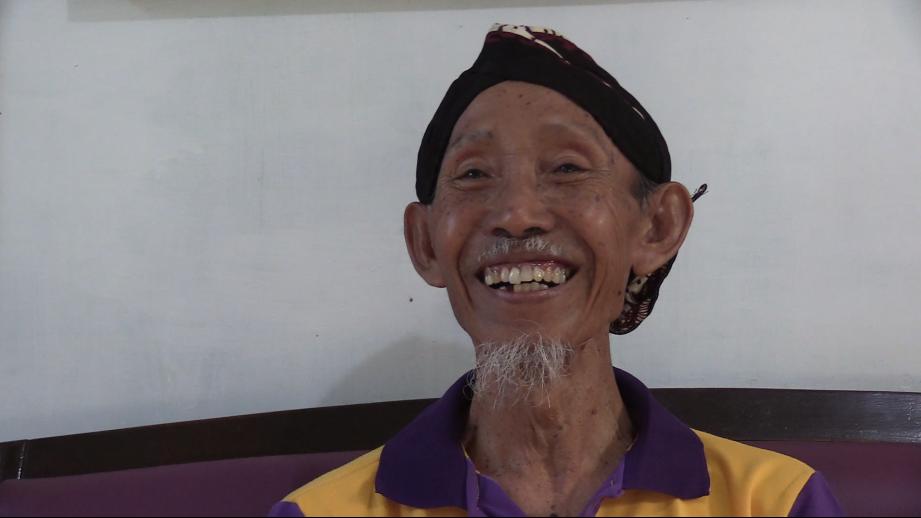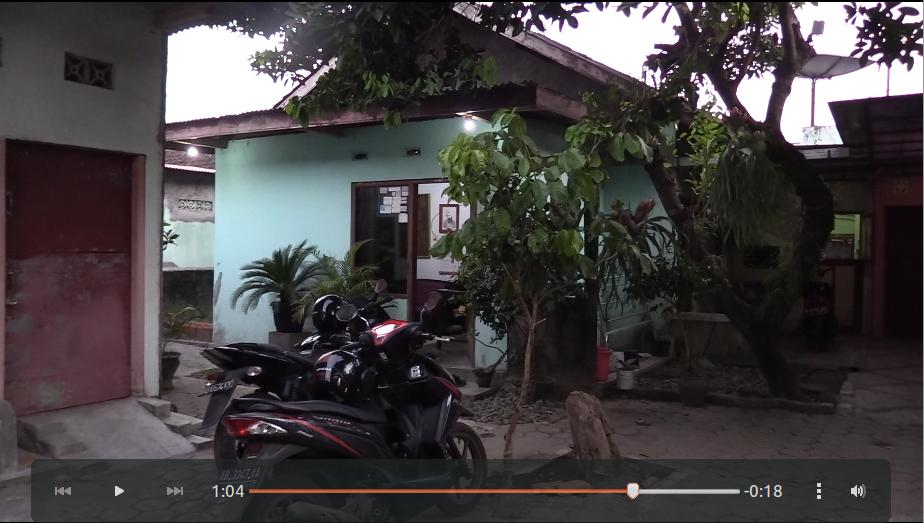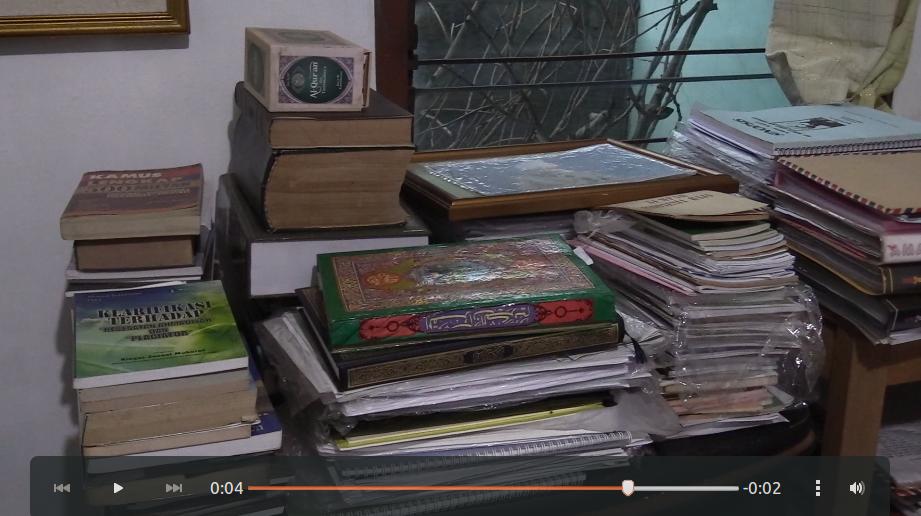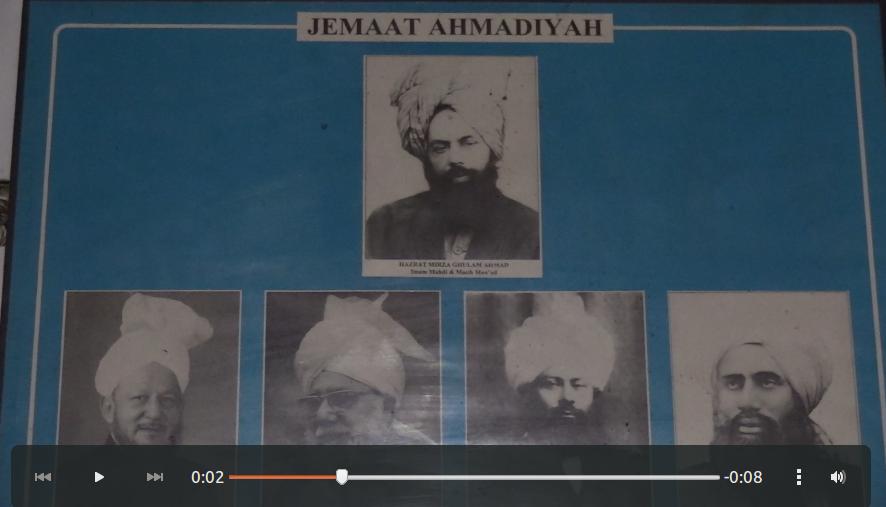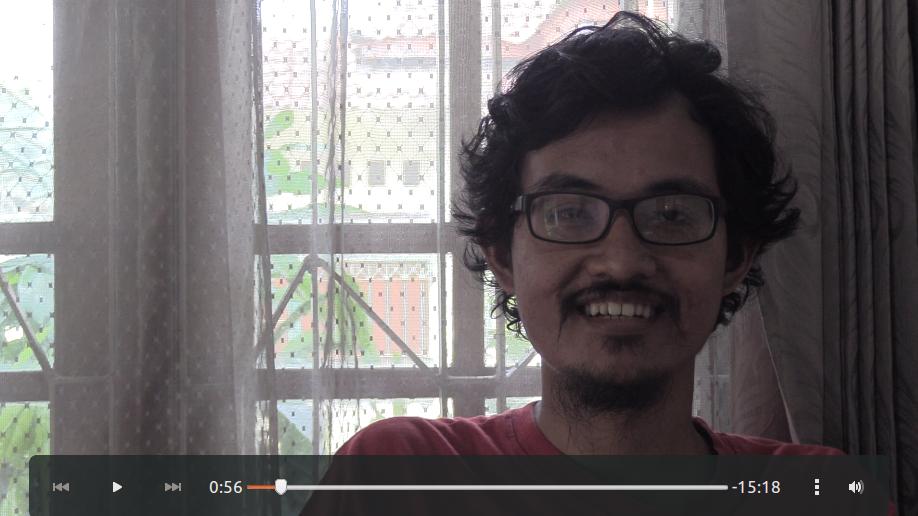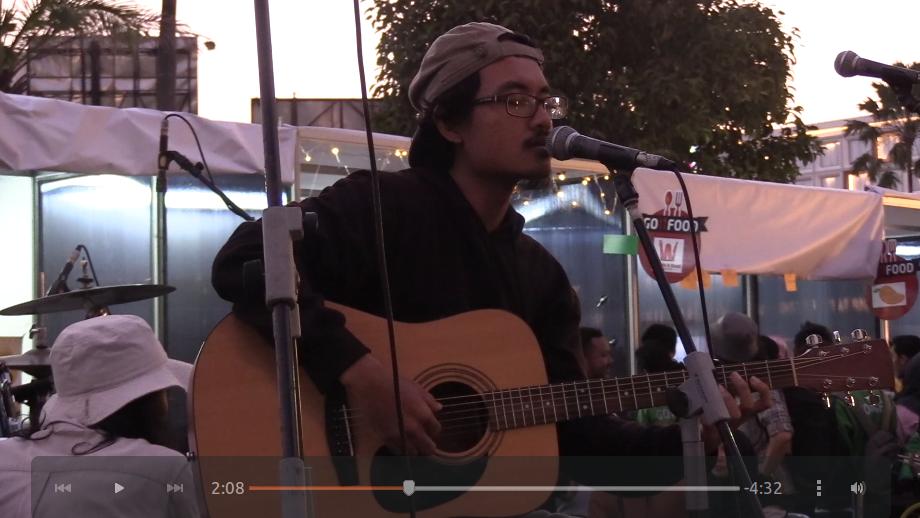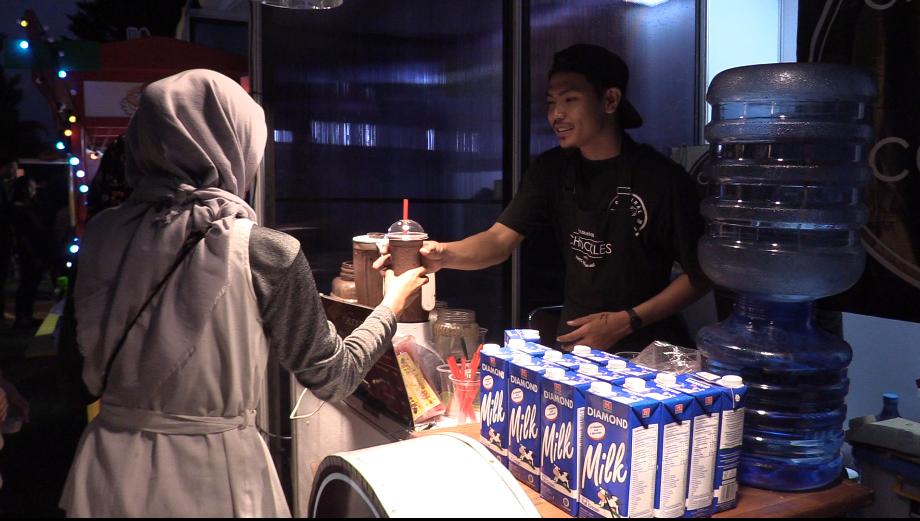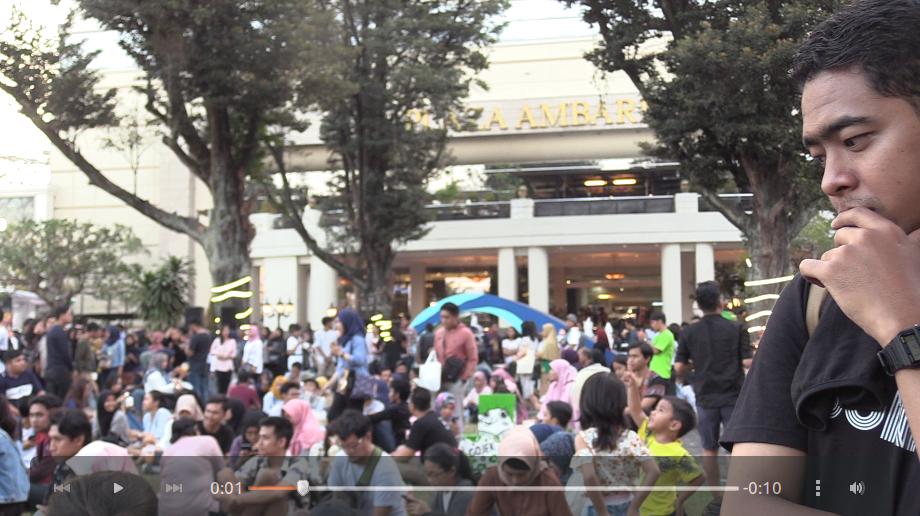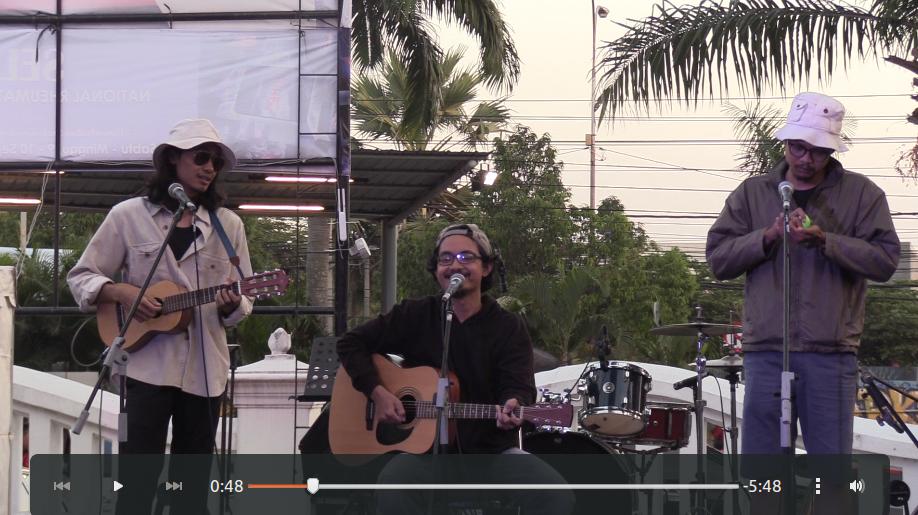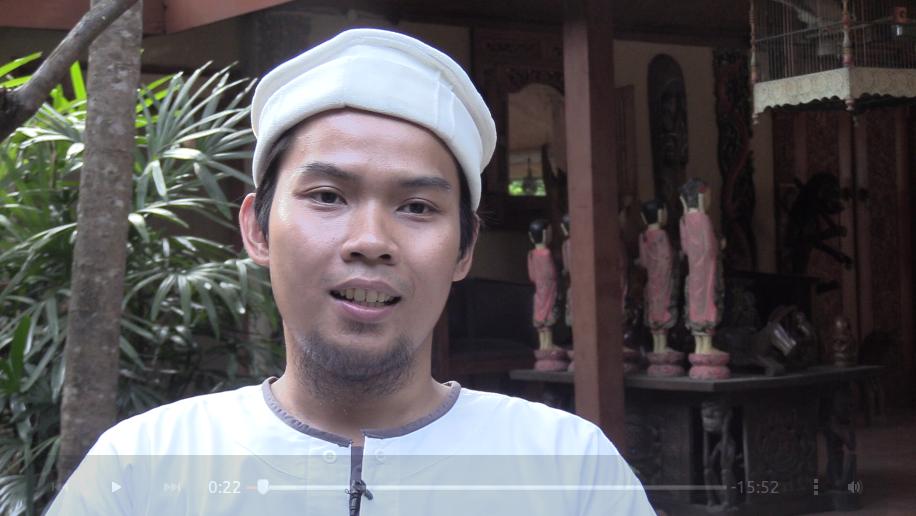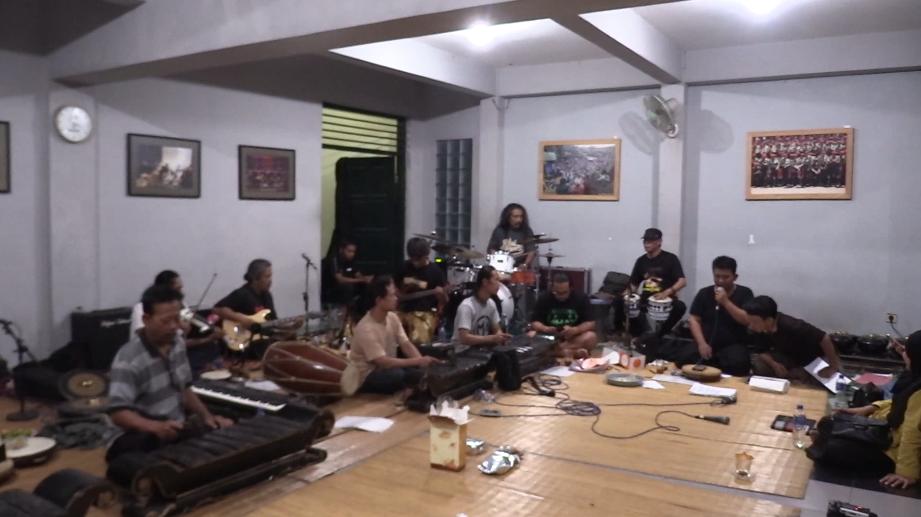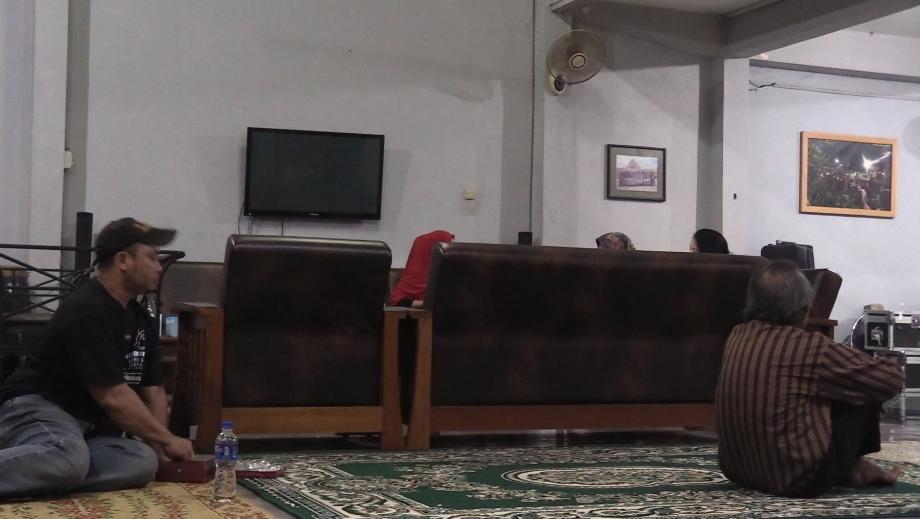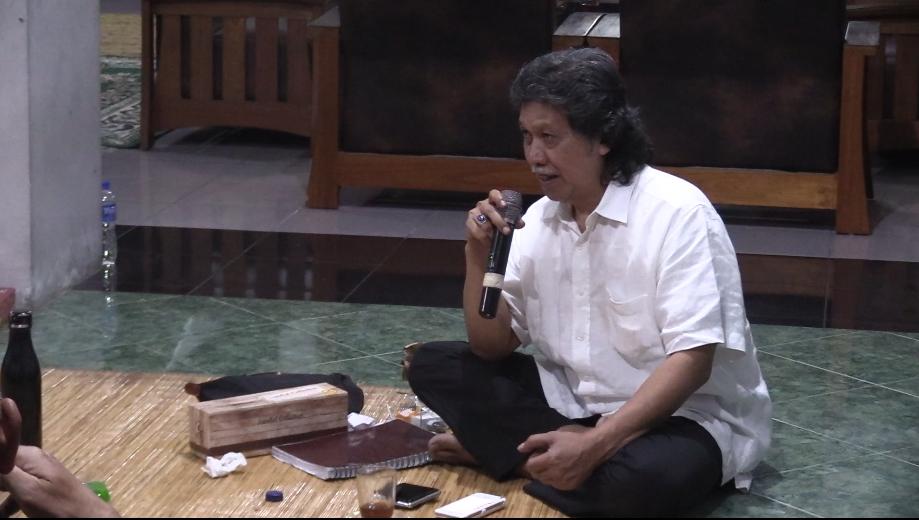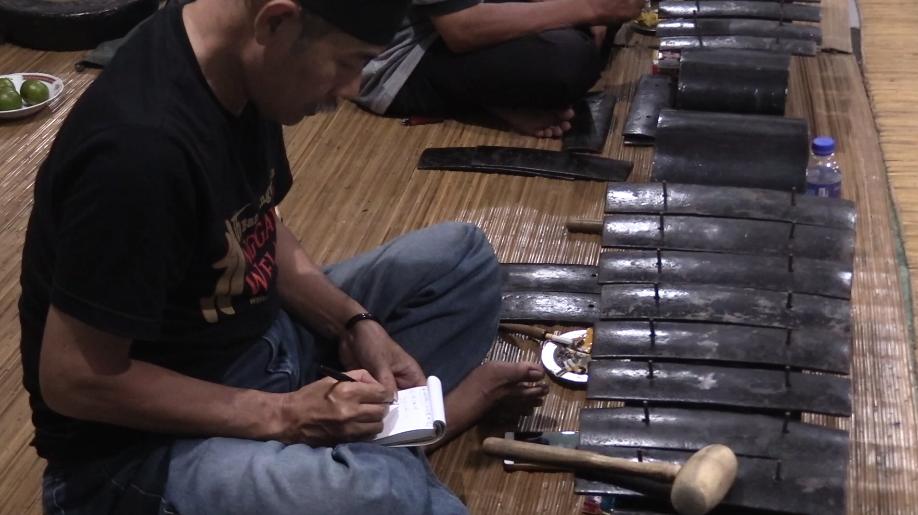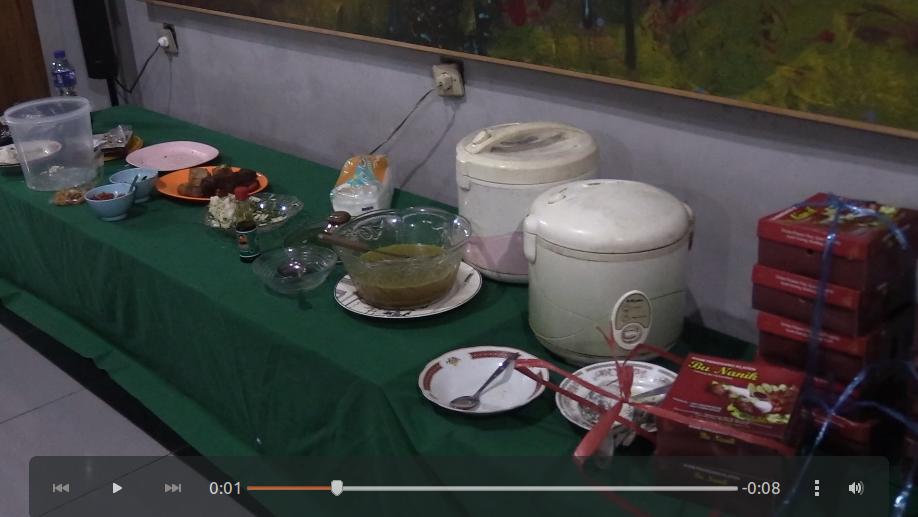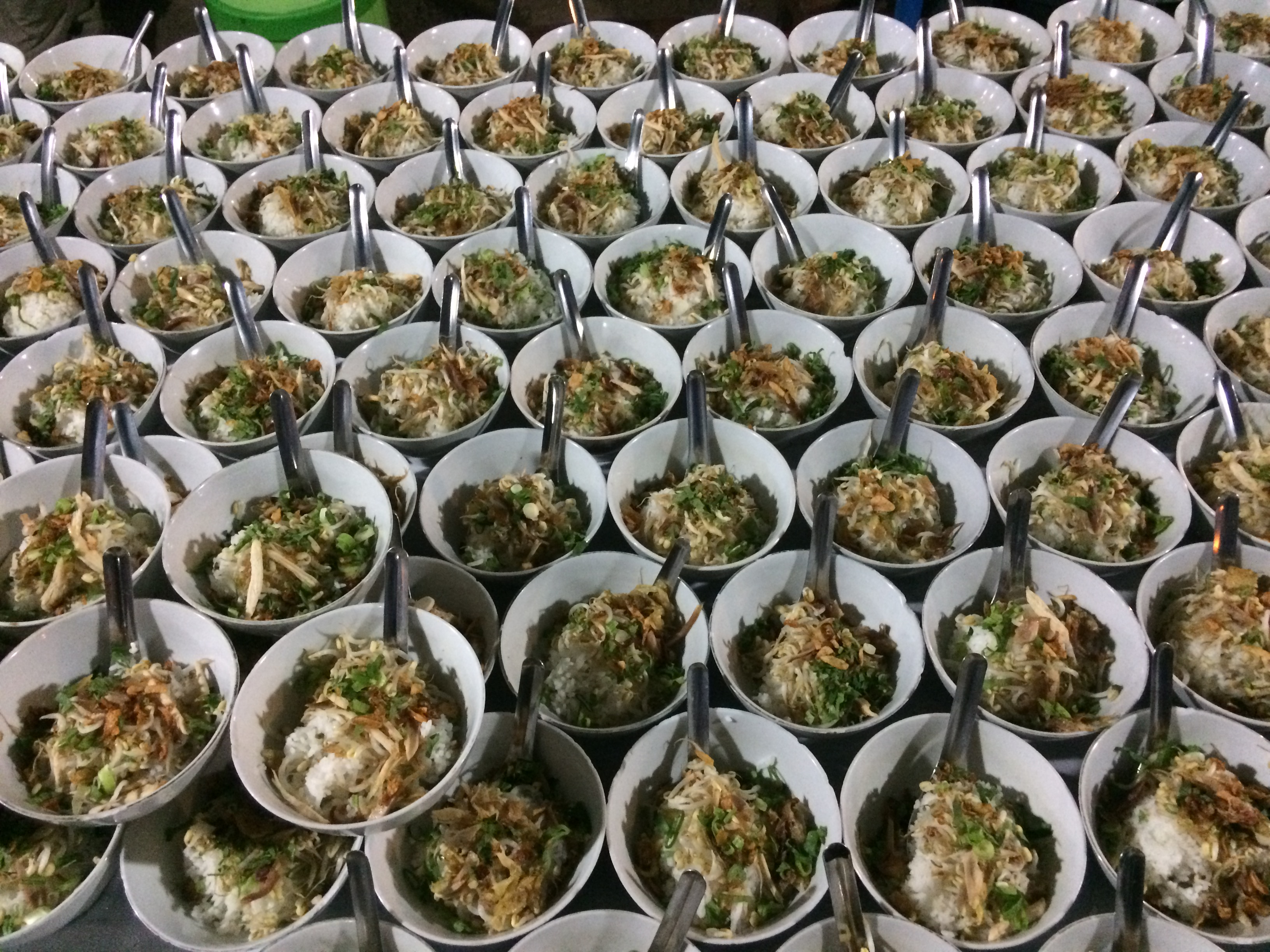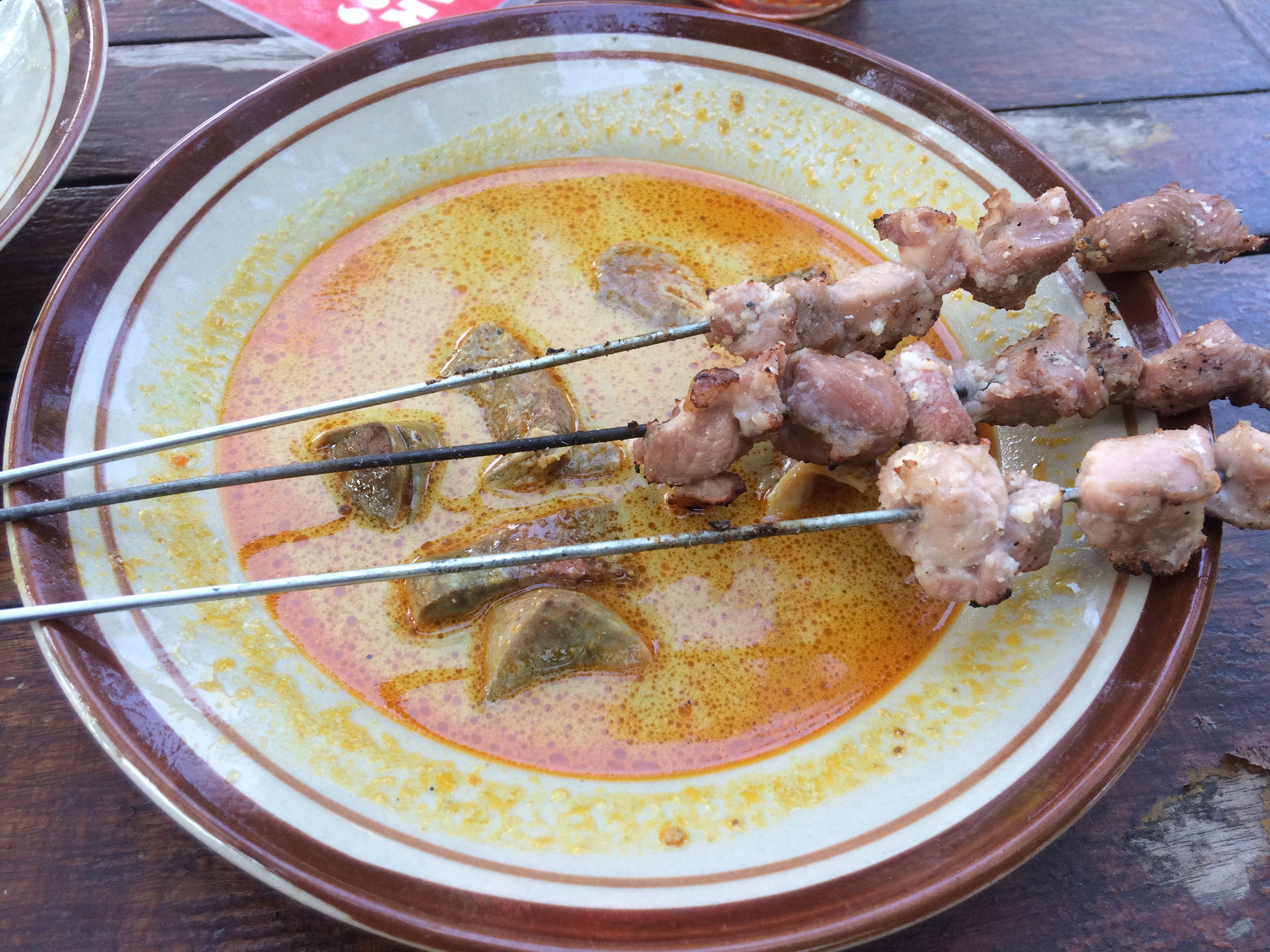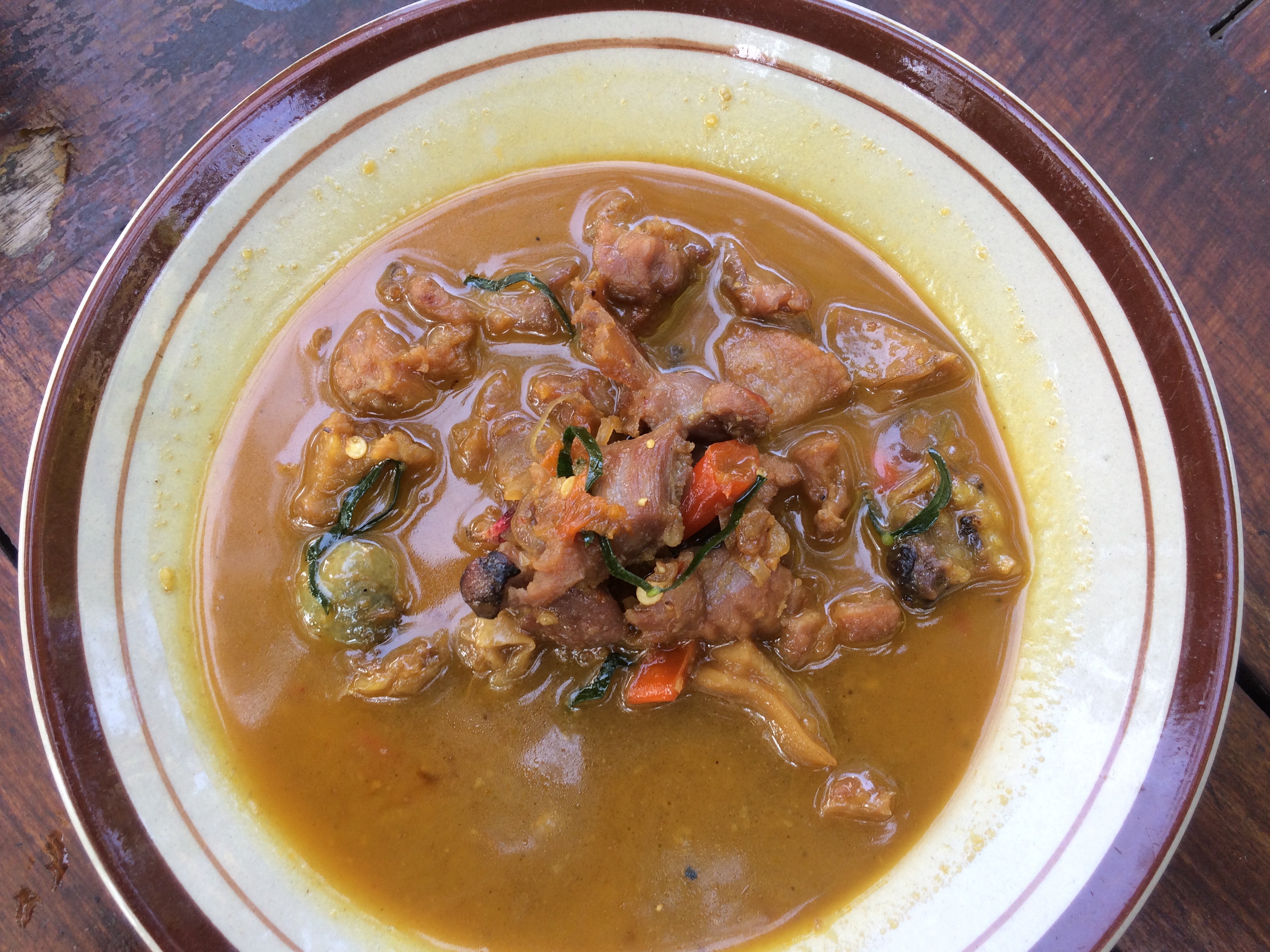The Hijra and the Habib
10 Sep 2017
Reading time ~12 minutes
Okay, so Yogyakarta (aka. Jogja) is officially the coolest place in the world in history. Now that may sound like a stretch, but if you ask anyone living here in Jogja, you’ll quickly realize that it’s not. Sure, residents in a given city may be biased, but it doesn’t matter because Jogja is awesome. If you desire some attempt at a justification for my bold declaration, however, I offer the following food for thought:
- As a mid-sized city, Jogja offers the best of both small town and large city life.
- Visual artists, dancers, and musicians flock to Jogja from all around Indonesia for undergraduate/graduate studies. A good number of them, I hear, end up sticking around.
- The cost of living here is quite cheap by Indonesian standards, and, by extension, international standards.
Also, this is more my own opinion, but Javanese people are super cool people. They love to laugh, connect with others, and teach themselves a bunch of skills either out of the need to survive or for curiosity’s sake. One of the things I was immediately struck and continually amazed by upon arriving to Indonesia is just how well-known the word auto-didact is here. So many artists I’ve met here are self-taught and most of them know the word auto-didact even though their English vocabularies are otherwise quite limited.
Habib Syeh in Jogja
So, I realize that Habib Syeh has already featured in two of my past blog posts, but I can’t not include this mention of his appearance in Jogja. I also can’t promise that this will be the last time that Habib Syeh features in one of my posts, because I hear that my trip dates to Malaysia may coincide with a tour he will be having there in November. I thought I should write a bit more about Habib Syeh in this post because the last performance of his that I had attended in Solo was quite unlike this one in Jogja. The gig that Habib Syeh does in Solo at the Bustanul Asyiqin is a regular one held every Wednesday attended by his core base of local followers. The atmosphere at Bustanul Asyiqin is intimate, somewhat predictable, and more so on the traditional side with regards to location, performance practice, seating arrangement, etc. This concert in Jogja, on the other hand, more so resembled a rock concert than a traditional setting for sholawatan music. Aside from the large concert vibe, a number of small details struck me about the performance that accentuated this difference. For one, audience members were waving flags representing their religious organization affiliations, suggesting that worshipping God and praising the Prophet is rather inextricably tied with these affiliations in Indonesia. Secondly, Habib Syeh chose to perform a number of highly nationalistic selections which could be described as nearly anything but religious, of course, alongside a proportionately greater number of religious selections. Also, incidentally, Habib Syeh was throwing random candies and fruits at the audience throughout the show, causing a fair amount of distraction among audience members clawing away at the potential for free food touched by Habib Syeh. All in all, the event illustrated just how adaptable sholawatan music making could be in this day and age.
Kiki Epea at the Bentara Budaya
I’m deeply grateful for having had the opportunity to interview and film a concert of Kiki Epea’s at the Bentara Budaya on just my second day in Jogja. Kiki is a journalist, comic artist, and part-time musician. He is also a devout Muslim who attends regular meetings and detox sessions, so to speak, with a religious community in Jogja. Despite his deep engagement with Islam, Kiki’s music making is almost entirely secular - most of all, he loves doing covers of the likes of Elvis Presley and Johnny Cash. Kiki’s journalistic commitments, however, often revolve around issues surrounding Islam and being Muslim in Indonesia. Above all, he feels very strongly that everyday Muslims and representatives of the faith should have a loving, understanding, and optimistic outlook on others (non-Muslim and Muslims alike). Many of his comics are satirical caricatures of hard-liner Muslims who spend all of their waking hours chastising people for their alleged sinfulness. Kiki believes these people are totally misguided if their end goal truly is union with God in paradise. After a long interview with Kiki at a friend’s cafe, we prayed together at the oldest mosque in Yogyakarta, Masjid Sela Yogya (est. 1709), where I met several other individuals a part of Kiki’s religious community (Jama’at) in Jogja.
Wayang Bocor’s ‘Semelah’ (God Bliss)
The day after my interview with Mas Kiki, I was able to arrange a meeting with two core members of the contemporary shadow puppet ensemble, Wayang Bocor: Mas Aji (stage management) and Mbak Ratri (overall band manager). The other two core members of the project, Eko Nugroho (visual artist) and Ari Wulu (digital musician), were not able to attend our meeting, but I was able to get a sense of their artistic contributions to the ensemble through Pak Aji and Mbak Ratri. Wayang Bocor dedicates themselves to one new wayang production each year concerning societal issues ranging from islamic terrorism and proselytization to women’s rights in Indonesia. Thus, although the artistic merit of their works are extraordinary, they were very clear that they do not create art simply for art’s sake. The groups most recent project, Semelah, tells the story of how Islam arrived and spread throughout Java. Their work provides a highly syncretic, early image of Islam in Indonesia that implicitly posits itself as an alternative to the hard-liner, Salafi style of Islam that is gaining traction in Indonesia. I highly recommend watching the performance on YouTube - stay tuned for an English translation of the entire work as well…
Pak Andy and Pak Suhadi
While sauntering around the FrogStay complex (where I’m currently staying), I stumbled upon Pak Andy, an active composer, arranger, and performer. A classically trained violinist, Pak Andy leads an Islamic Orchestra and routinely plays with the symphony orchestra in Jakarta. Aside from his musical activities, Pak Andy rents out rooms at his artsy homestay, which is rather similar to the vibes at FrogHouse/FrogStay. As a devout muslim, Pak Andy tries to incorporate Dakwah/Da’wah, into both his musical and entrepreneurial endeavors whenever possible. After completing an interview with Pak Andy on the spot at FrogStay, he invited me over to his place and thereafter to Pak Suhadi’s home nearby. Pak Suhadi is a remarkable man in many respects. For one, he’s about 80 years old and is currently taking formal lessons in traditional Javanese style singing (tembang) for karawitan music. He never had the opportunity to formally study traditional Javanese music in his youth. Instead, he was mostly exposed to national, Islamic, pop, and some Western classical music. Pak Suhadi grew up in a fairly religious family, but his exploration of the life and teachings of Mirza Ghulam Ahmad (founder and leader of the Ahmadiyya Jama’at, i.e. community) in his late youth was especially formative in sealing his religious convictions. Indeed, the Ahamdiya Jama’at has a relatively strong presence in Jogjakarta.
Virtually all of Pak Suhadi’s musical works are Islamic. He says that the realm of Islam is so vast that he simply has no time to dabble with secular music making. To date, he has composed numerous books of Islamic children’s songs, kroncong music, Javanese style settings of verses of the Quran translated from Arabic to Javanese. This last activity is particularly interesting, because many hard-liner Muslims are vehemently opposed to orchestrating texts from the Quran for the sake of musical composition, because musical instruments are seen by such individuals to be a distraction to divine expression through the unadultered medium of the Arabic language. Pak Suahdi more or less shrugged off my concern for his musical works potentially eliciting negative or even violent responses from Salafi muslims in Indonesia and abroad. Thankfully, Pak Suhadi told me that he has yet to face such opposition vis a vis his music making and compositional engagements.
Mas Jono and Jonoterbakar
My first impression of Mas Jono of Jonoterbakar when I first interviewed him was that he was generally a cold and serious guy. That impression was finely shattered the next day when the band play a short set at the Ambarrukmo Plaza. The band chose to perform an assortment of songs from their overall discography, most of which were of a humorous or satirical note. In addition to hysterical lyrical content, the bands musical arrangements were often schizophrenic, discordant, or downright non-sensical. Shout out to the one song I could understand which was in English, “Sweet girl…you eat too many sugar…”
Jono is and more or less has been a devout Muslim throughout his life. However, his relationship to music-making stands out from the other pious Muslims I’ve interviewed thus far. Only several years ago, Jono lived what he likes to call his “Muslim scene/phase”, during which he cut out music making from his life, grew increasingly insular/sectarian in his worldview, and was even on the verge of taking up arms for jihad in Syria and/or Iraq. The details that lead up to these advancements are far beyond the scope of this meagre blog post. At any rate, Jono gradually started to question his newfound Salafi lifestyle and convictions, leading him to break free from his so called “Muslim scene/phase” and enter a happy medium between his pre-“Muslim scene/phase” self and his proper “Muslim scene/phase” self. In other words, Jono is currently more strictly Muslim that he was before his radical religious change, but he is no where near the brink of joining a jihadist organization (as far as I could tell).
Mas Rizki: Ex-DJ
My apologies for only having a single picture from my meeting with Mas Rizki, a professional photographer currently pursuing a master’s degree at Pasca ISI Jogja. Through the 2000’s, Mas Rizki was a full-time performing artist, DJ’ing for venues ranging from cafes to raves. He told me that his relationship with his parents soured the more and more he dug himself into the DJ lifestyle. With the influence of a few key religious preachers/teachers, Mas Rizky began to intensely question the appropriateness of his full-time performing artist lifestyle.
Near the tail end of his time as a DJ, Mas Rizki attended a conference regarding music in Islam that he, interestingly enough, learned about from his Instagram feed (the people I’ve met in Solo and Jogja are intensely plugged into Instagram and other social media). It was at this event that Mas Rizki learned that music making of all sorts was haram, i.e. forbidden. One wonders how it might be possible for some individuals to come to such a conclusion when there is such a diversity of religious music making in Islam, some of which I’ve described in previous blog posts in this series. The significance of this phenomenon must not be overlooked. Indeed, the immensely diverse ways in which one can pick and choose and interpret scripture, follow or not follow religious organizations, and give in to or avoid cultural precedents is one of the most remarkable things about the practice of Islam in Indonesia and I imagine the world over more generally.
Rehearsal With Kiai Kanjeng
My rather busy week in Jogja ended on with the ever eclectic sounds of Kiai Kanjeng , an ensemble that self-consciously defies any attempt at genre classification led by a man that similarly defies classification, Emha Einun Nadjib (aka. Cak Nun). Cak Nun has somewhat of a mystical standing throughout Indonesia. He is the author of about 90 about mostly dealing with philosophical and religious topics. He is celebrated for his remarkable diplomatic/peacemaking abilities in times of strife in addition to the regular social service that he spearheads in the form of his musical ensemble, Kiai Kanjeng. Aside from the heavily religious/phisolophical content of Kiai Kanjeng, Cak Nun allows for Q&A and discussion forums during his typical “all-nighter” concerts. I look forward to interviewing Cak Nun and attending a proper Kiai Kanjeng concert next week to dig deeper into his views on music in Islam and motivations to serve the people of Indonesia and humanity at large.
Tasty Treats in Jogja: Pt. 1
The goodies I’ve had here in Jogja haven’t been too far off from the goodies I enjoyed back in Solo. Nevertheless, I’ve been lucky enough to try a few new selections worth mentioning.
